AMD Vision Laptop Technology Preview
May 17, 2010 | 10:17

Vision 2010 Laptops
The number of laptops on show on day one of the new standard was a pleasant surprise for us. All too often we’ve heard AMD announce a new platform only for adoption of the technology to fizzle out come launch day - anyone remember Puma? It sounded fine on paper but failed to find its way into many (possibly any) laptops on shelves.This time round things are different, with HP, Acer, Asus, Dell, Lenovo, MSI and Toshiba all showing Vision laptops based around the CPUs on the previous page, the M880G mobile chipset and, in some cases, Mobility Radeon 5-series GPUs.
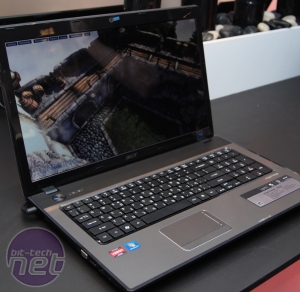
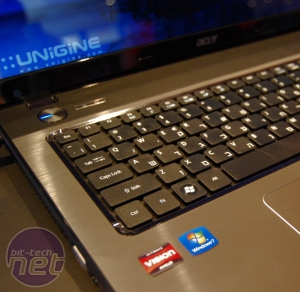
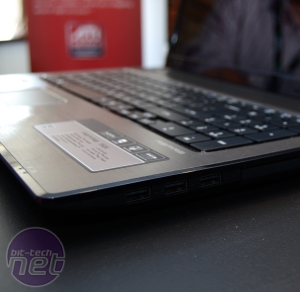
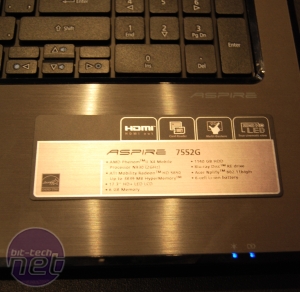
The Acer Aspire 7552G uses an ATI Radeon Mobility HD 5850 - we saw it running the Unigine Heaven DX11 benchmark, and yet it's not particularly thick for a gaming laptop.
We asked Bob Grim why the adoption rate was so high for AMD’s latest laptop technology. "We bought ATI a few years ago, and people are waiting for Fusion [to see the] realisation of that acquisition, but really the battery life had been a big realisation." It’s having more control over the entire the PC, via ATI’s chipset division and knowledge, that’s given AMD the ability to add features and improve how the system works, with the end result of improved battery life.
Grim said, "We used to sell CPUs and go ‘hey OEMs, good luck - pick a chipset and do your best!’ and now, with being able to sell the CPU and the chipset, we have a lot more control. That’s why over the last two generations you’ve seen some big battery life jumps – going from 5-6 hours to 7-8 hours. This is largely because we control everything now." AMD is evolving from being a component company to being a platform company, a move that Intel made with Centrino some years ago.
We asked Grim if part of the increased uptake in AMD technology was actually because of the Intel anti-competitive practices settlement and fairer trading conditions. Grim thinks this is a small contributing factor, but points at other things that AMD itself is doing to increase confidence with manufacturers. "Vision’s working [as a marketing strategy], and our one big deficit was battery life but that’s been taken off."
Grim continued, "We said we were going to do something frankly crazy with Vision – telling our partners that our CPU brands aren’t important and we’re going to deposition them, and we’re going to talk about usage and experience rather than speeds and feeds. It’s not often you go to a company and say that our brands don’t matter, yours does, we want to help you highlight your brand.
Also considering that we have two quarters of profitability under our belts, and we have the Intel settlement done, I think the confidence is really high in AMD."

MSI MPG Velox 100R Chassis Review
October 14 2021 | 15:04

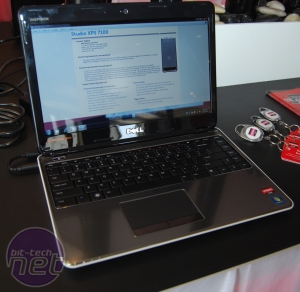
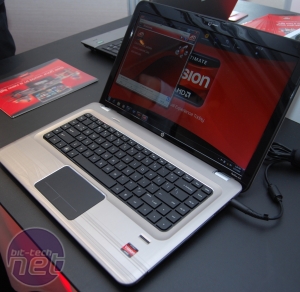
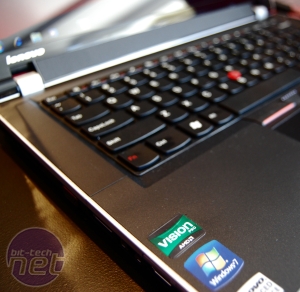
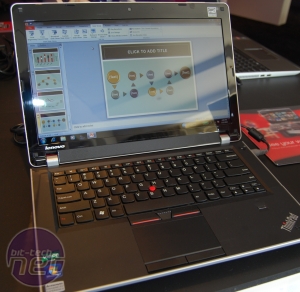
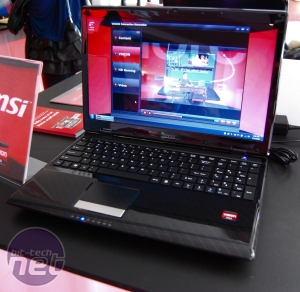
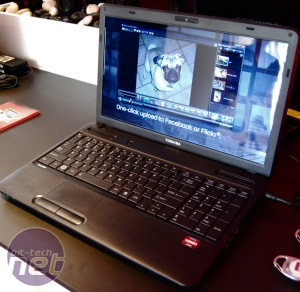







Want to comment? Please log in.